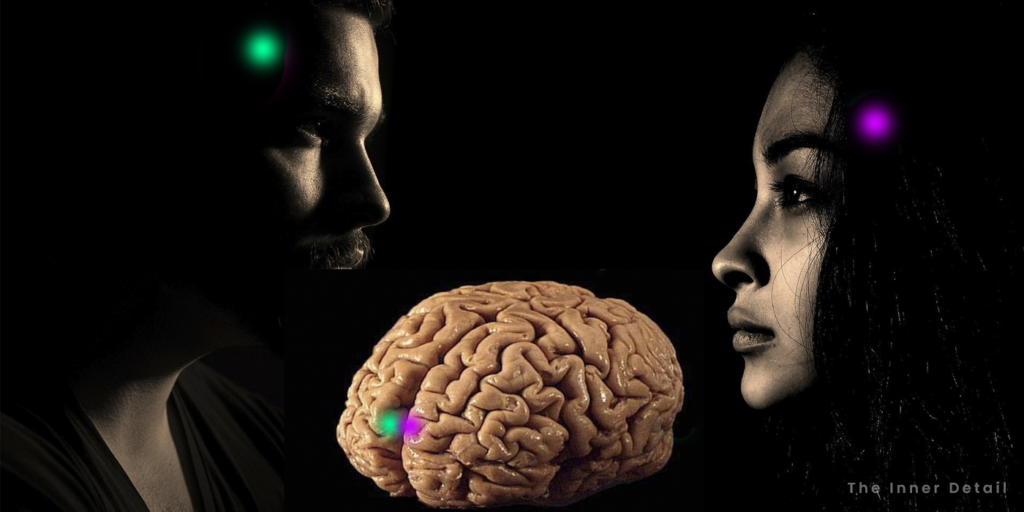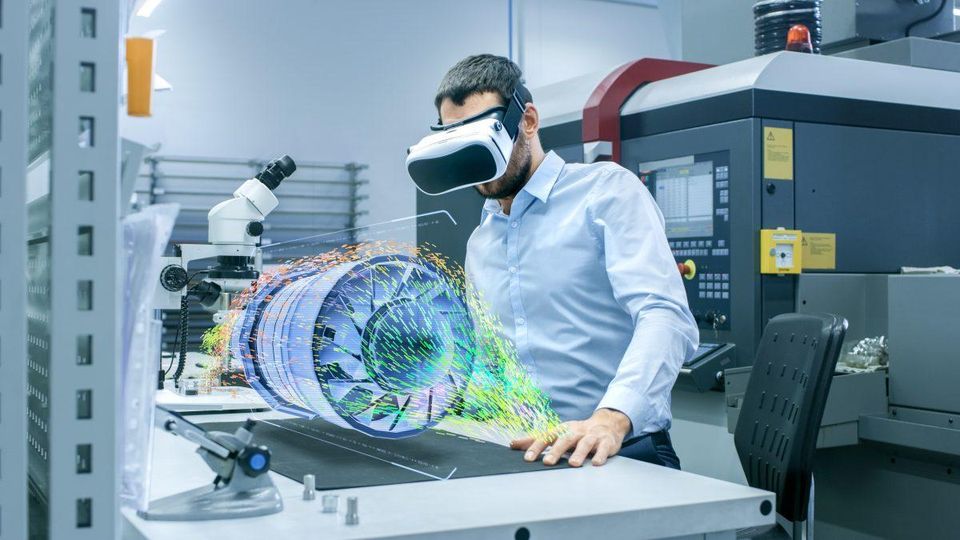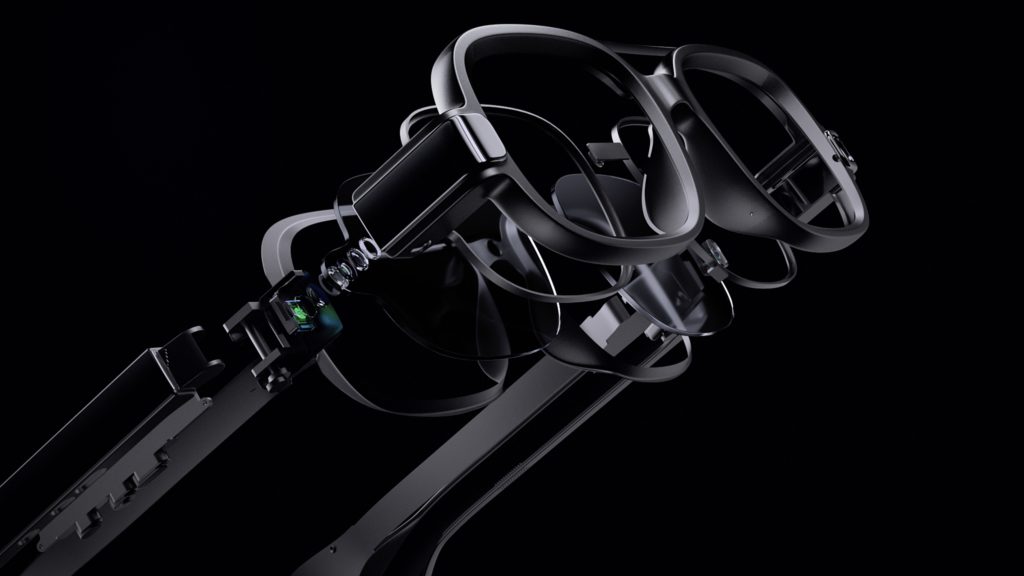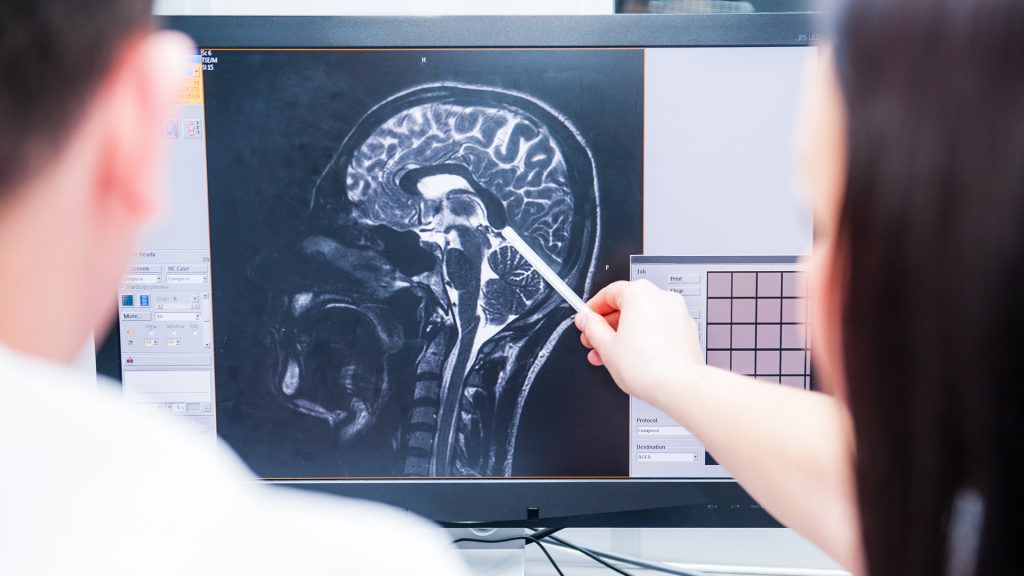A recent study on mice’s brain reveals that part of brain, responsible for sexual drive in mammals. The study could be applied to humans too, which may enable to turn-on and turn-off the sexual desire in humans by inciting that part of brain when needed, scientists say.
The one that entitles us to perform complex tasks, innovate and invent is the same mysterious thing, which is still not been figured out fully – Human Brain. Though scientists are striving to unearth parts of brain responsible for specific purpose or activity, the organ is so perplexed that we couldn’t get there even a little.
Scientists are gradually unknotting the mystery and now they believe that they had found the part of brain which incites sexual desire in humans. They did so by comparing the human’s brain with that of mice’s brain, on which the study was conducted.
Brain-part for Lust in Mice
Scientists at Stanford Medicine had led this study, and have successfully identified the exact part of the brain that controls sex drive in mice. “We’ve singled out a circuit in male mammal’s brains that controls sexual recognition, libido, and mating behavior and pleasure,” said Nirao Shah, one of the senior researchers and a professor of behavioral sciences at Stanford. The study was published in the journal Cell.
The team of scientists were able to map different neuronal circuits that make up the mice’s brain. They studied the various neuronal circuits of three to four-week-old mice who had never seen a female except their mothers. It was realized that a male mouse turns on and off when a group of genetically distinct neurons found in its brain’s amygdala, called the BNST (bed nucleus of the stria terminalis), interact with another brain area called the preoptic hypothalamus.
This BNST secrete a protein called ‘Substance P’, which interact with receptors present in preoptic hypothalamus for this protein. Stimulating this Substance-P secretion resulted in activated neurons in the preoptic hypothalamus, which ultimately caused sexual drives in male mice, making a series of male to mate, including mounting, penetration and ejaculation.
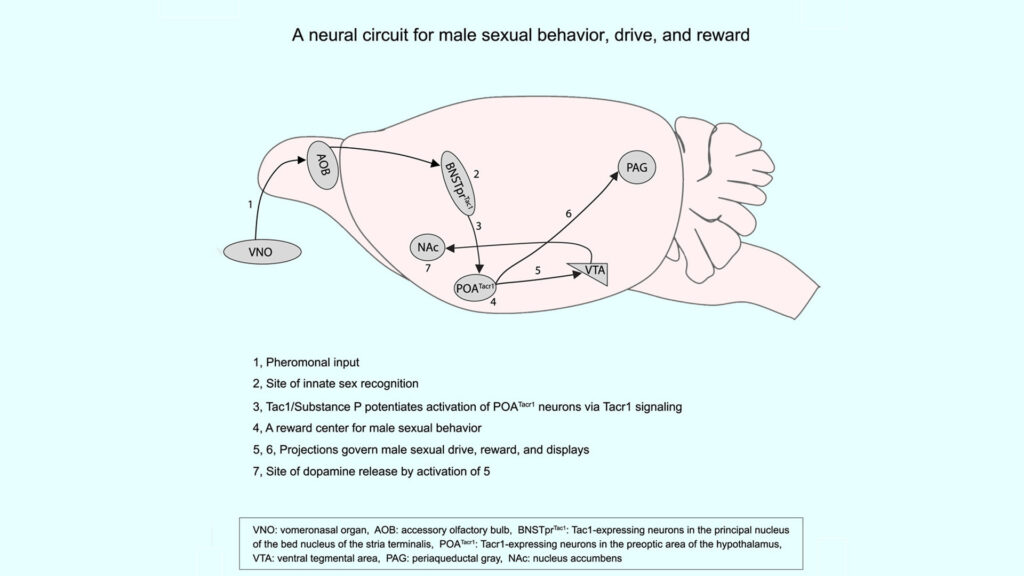
Thus, a mouse’s sex drive can be manipulated by controlling the Substance-P in the area near its receptors. It also let to the reduction of refractory period. Normally, male mammals can’t immediately ejaculate two times at a row and the resting period between two ejaculations is called refractory period.
When scientists directly activated the receptor neuron in preoptic hypothalamus region of male mice, the mice were able to mate and ejaculate without needing rest. “It took one second or less for them to resume sexual activity. That’s more than 400,000-fold reduction in the refractory period. In contrast, “if you silence just this set of preoptic hypothalamus neurons, the males don’t mate,” Shah said.
The researchers believe that the same part of the human brain also regulates libido in men, as man also comes under mammals. “It’s very likely there are similar sets of neurons in the human hypothalamus that regulate sexual reward, behavior, and gratification, and they’re probably quite similar to the ones we’ve observed in mice,” he added.
Control of Sexual Drive in Humans
The study could lead to the development of medicinal drugs that influences a person’s sexual urge. Say, drugs for reducing the excessive sexual urges in men or boost libido in men who lack interest in sex.
Shah claims, “Such drugs would be quite different from today’s phosphodiesterase inhibitors which counter erectile dysfunction. Instead of generally enhancing blood flow in small vasculature throughout the body, they would directly amplify or tamp down a specific brain area that controls male sexual desire.”
Activating the male-mouse mating circuit had no direct effect on male aggressiveness, Shah said. So, a drug that increased libido in a male by this mechanism of action would be unlikely to trigger aggressive behavior.
Future may bring drugs that specifically targets these neurons, allowing doctor or people to directly influence their sexual drive, especially in men having disorders like erectile dysfunction.
(For more such interesting informational, technology and innovation stuffs, keep reading The Inner Detail).
Kindly add ‘The Inner Detail’ to your Google News Feed by following us!
